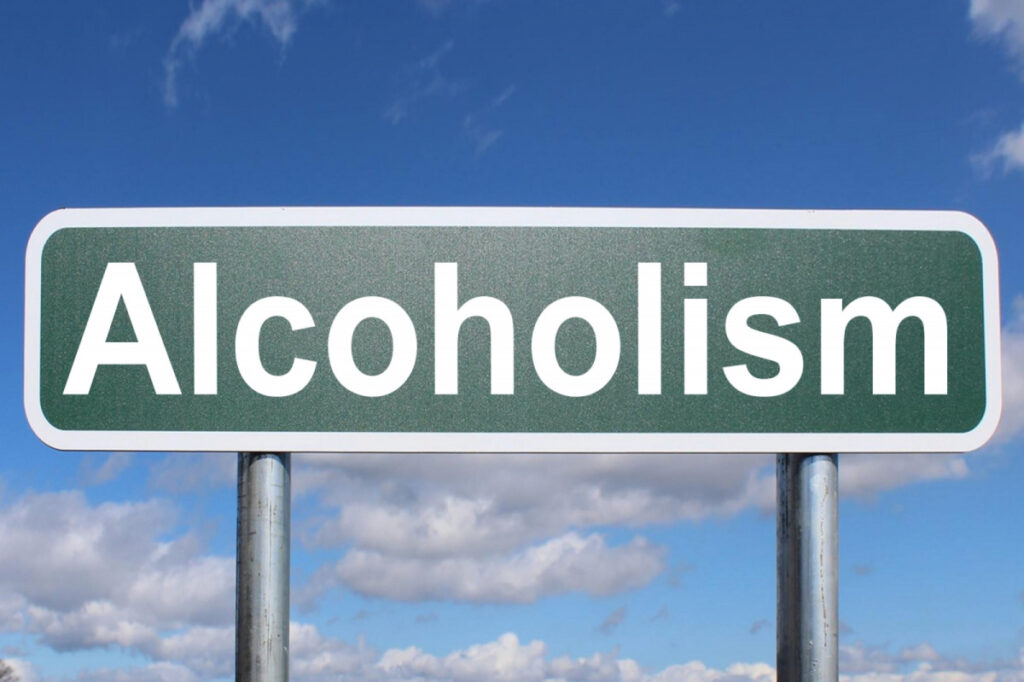Every year, more than 90,000 people in the United States die from alcohol abuse. It is estimated by state agencies that there are currently 15 million adults over the age of 18 suffering from an alcohol use disorder, all in harm’s way due to the problems associated with overuse.
Unfortunately, most people with alcohol use disorders are unable to identify problems in their drinking habits and are unable to eventually do something to rectify them. The first step in identifying an alcohol use problem is to identify the reasons behind it and the warning signs caused because of it.
Alcoholism can also be confused with binge drinking. An alcoholic is a person who drinks more than four drinks per week. Additionally, binge drinking constitutes drinking three or more drinks within 2 hours but in no specific pattern. An alcoholic can drink excessively during the week, often drinking 10-plus drinks during a week. However, binge drinkers do not indulge in frequent alcohol sessions and may only go overboard when hanging out with friends.
People with alcohol use disorders may find it difficult to stop and mend their ways. Once you have found your answer to ‘am I alcoholic?’, it is time for you to identify warning signs, symptoms, and risk factors.
In this article, we take a look at some of the warning signs of alcohol addiction. These signs will help you find your answer to whether ‘I am an alcoholic?’ Stay with us for more.
Short-term and Long-term Risks of an Alcohol Addiction
Alcohol addiction can be catastrophic for most people. The short-term and long-term risks can be challenging to deal with, especially if you want to live a stable life and have a family to look after.
Some of the short-term risks include:
- Injuries from falls when you’re drunk, drowning, or have accidents on the road. Road accidents under the influence may lead to legal ramifications as well
- Violent behavior
- Alcohol poisoning
- Miscarriage, or abnormalities in the fetus among pregnant women
- Reckless sexual behavior under the influence can lead to unintended pregnancies and sexual diseases
These short-term risks are potentially damaging for most people. However, if an alcoholic somehow avoids the short-term risks, the following long-term risks await them:
- Cancer of the mouth, breast, colon, throat, esophagus, and liver
- A deteriorating immune system, coupled with the risk of getting sick
- Higher blood pressure increases the chances of heart disease and growing digestive problems
- Social problems with alcohol consumption include unemployment, family problems, and lack of productivity
- Mental health problems like depression and anxiety
- Chances of early dementia and memory loss
Warning Signs of Alcohol
We’re hoping the risks above may have got you moving and thinking about the problems of alcoholism and ways to limit them.
Identify the warning signs in this section at the earliest and take evasive action immediately:
Physical Changes
Your alcohol addiction has the potential to change your appearance. An alcohol addict may soon feel like they’re gaining or losing weight. Additionally, the person may always feel bloated and will remain tired.
Moreover, if you’re drinking alcohol at night, you will be unable to sleep well and focus on work the next day. This may lead to a lack of productivity at work and deteriorating performance.
Frequent Blackouts
People with severe alcoholism may start experiencing blackouts on a more frequent basis. A blackout is when an individual cannot create and record short-term memory due to the increasing levels of alcohol in their body and blood.
A blackout usually follows a binge drinking session of alcohol, and the person going through it may not be able to remember exactly what happened for 12 to 24 hours. Blackouts may become a significant problem when a person starts experiencing them regularly.
Work and Legal Trouble Because of the Habits
Alcohol addiction can significantly reduce your ability to perform well at work. An alcohol addict may soon start calling in sick more often and may also face legal trouble due to alcohol use. DUI or driving under the influence charges is the first legal complication to greet you. These charges are followed by stealing, vandalizing, and further legal implications.
Lying About Drinking
You can tell your alcohol consumption has reached extreme heights when you have to hide it from others or lie about it. A person with an alcohol addiction may soon start hiding their consumption from friends and family. They don’t drink much in front of loved ones but start drinking more when they are alone. People with an alcohol addiction may even start sneaking away alcohol.
Inability to Control Drinking Habits
When was the last time you couldn’t control your drinking habits at a family event, a friend’s hangout, or a random night at the pub? How often do you start drinking alcohol without the intention to binge on it and end up blacking yourself out? If the inability to control drinking habits is becoming more frequent, you may be going towards alcoholism.
Withdrawal Symptoms Without Alcohol Use
An alcohol addict may feel severe withdrawal symptoms when they leave alcohol use. The common symptoms associated with alcohol withdrawal are:
- Sweating
- Shakiness
- Anxiety
- Upset stomach with vomiting
- Irritability
- Headache
- Anxiety
- Insomnia
- Increased heart rate during the night
- Tremors across the hand
- Enlarged pupils early in the morning
An alcoholic may continue with their addiction even after personally experiencing these consequences. They will not stop and continue with their habits. If you’re still unsure, you can even take an ‘am I an alcoholic quiz’ online to substantiate your status. Withdrawal and rehab are significant when you’re going through alcohol addiction. Let us know if you have any questions.



